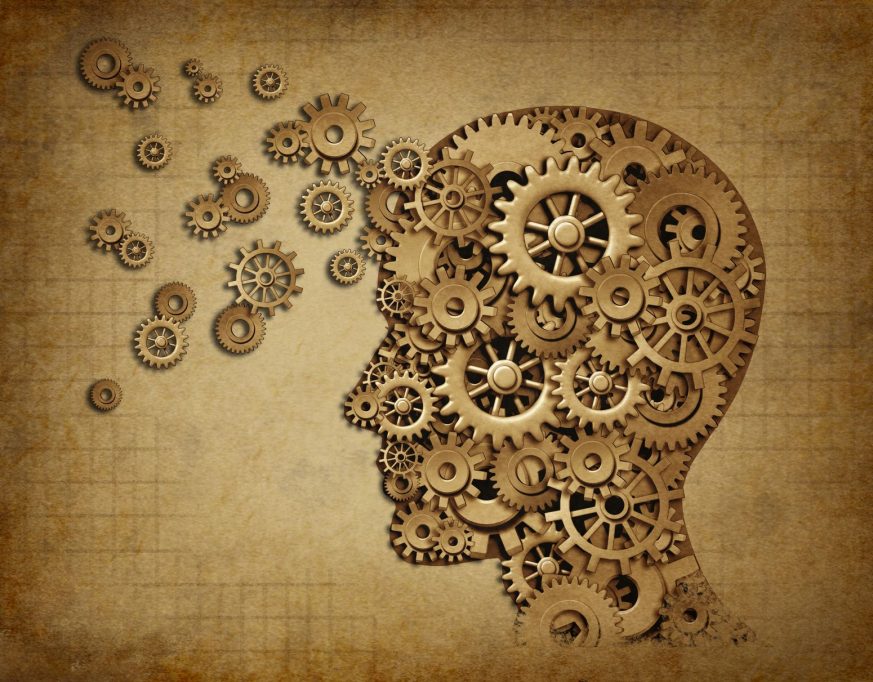The human brain is the most complex organ in our body. The billions of neurons that form an innumerable number of connections and further complicate the nexus. The human brain is efficient and can store a huge amount of data. Just think, if each of those billion neurons in your smart brain could store much more than any storage device that you ever knew, you would never forget anything. But , the truth is that we do forget things.
Our memory is divided into short term memory and the long term one. Let us see what these are actually:
The Short-term memory is the scribble/scratch pad of your brain. It is used to store or recall the temporary information which was being processed at any point in time. It works like the brain’s “post-it ‘notes. It is the ability to remember and process information at the same time. This memory holds a small amount of information. The information or data can be lost quickly unless we force our brain to retain it. This is when the info is transferred to the long-term memory.
The long term memory is the permanent storage. The information is engraved into your brain so that it does not forget it.
Well, other than these there is a working memory too which is considered to be synonymous with the short term memory. But, It is the whole framework of structures and processes that are used for the temporary storage and manipulation of information Short-term memory is just a tiny part of it.
Now, the point is how to learn things in such a way that the brain remembers it for a long time. The best and the simplest way improve memory is recapitulation.
Recapitulation is an act or instance of summarizing and restating the main points of something. The mental repetition of the information forces your brain to transfer it from the short term to the long term memory, giving it importance, meaning and associating it with other previously acquired knowledge. Motivation is also a consideration, in that information relating to a subject of strong interest to a person is more likely to be retained in long-term memory. You must have heard that practice makes a man perfect. This is the same principle that recapitulation uses. The reiteration of the information reinforces the data and as a result you remember it for a much longer period. Revision connects pieces of information through a common association and forms new networks. Then, recall one piece of information, the shared network will automatically “activate” the others, making them easier to remember.
Students are always tensed about exams. The stress makes it difficult for them to remember and produce the things they have learned in the exams. For most of the students, the matter of concern is how to increase the retention capacity of their brain. Be it the crucial board exam or the competitive exams, revision can prove to be an effective tool to increase the brain power.
Early and continuous revision is best for getting fruitful results. Revision should be spread into several sessions rather than revising a bulk of notes at the last moment of exams. One should revise regularly, even if it is for short period of time, for this flashcard are great because one can carry them anywhere with them. Another technique is “spaced repetition”, where one can increase the time between recollecting information by recalling it to memory just before we forget it. Understanding is as important as learning, so rather than just memorizing try to understand because we remember that better. Brain’s recalling power becomes stronger after a sound sleep and information become easier to access. Sleep consolidates memory.
Therefore, if you are tensed about your Xth boards just start revising your cbse study material for class 10 and you will remember everything for the exams.
